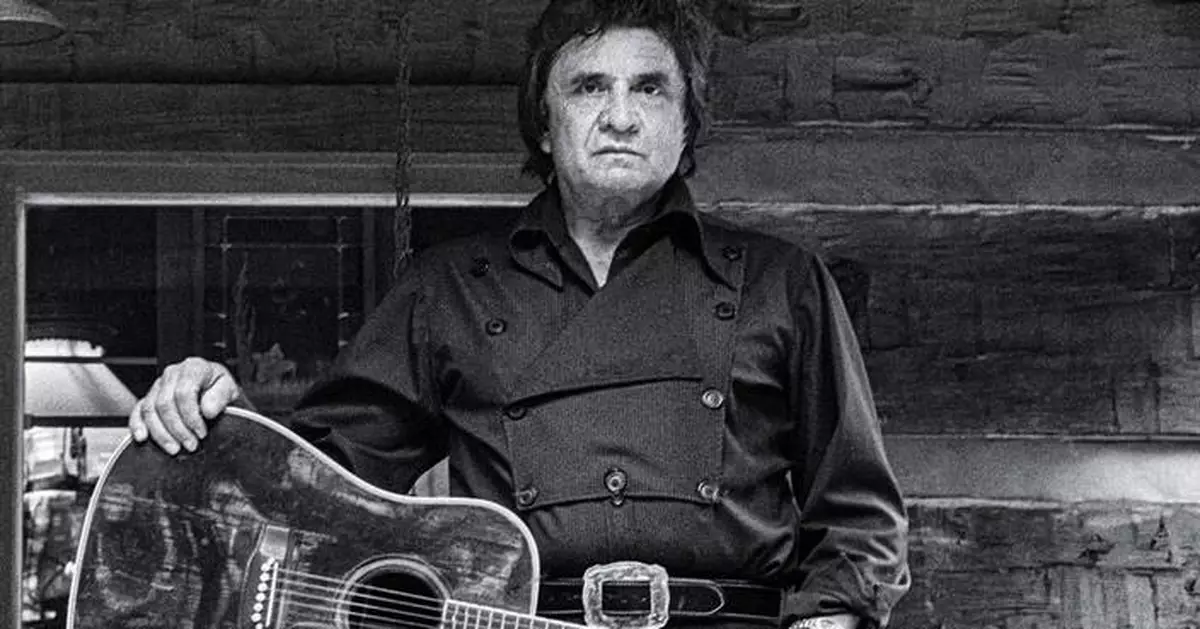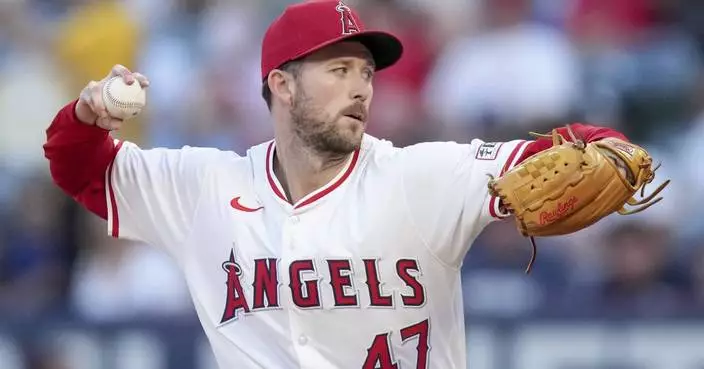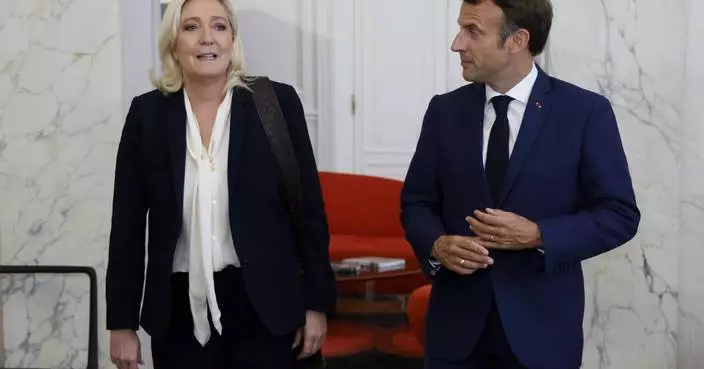NEW YORK (AP) — In 1993, Johnny Cash was between record contracts — and just about to embark on an iconic collaboration with producer Rick Rubin that would span the last 10 years of his life, starting with 1994's “American Recordings."
During that crucial time in his career, Cash immersed himself in crafting and recording original demos that showcased his songwriting prowess. Those songs, once set aside, will be released Friday as a complete album. Cash's son, John Carter Cash, stripped the recordings back to just his father's voice and acoustic guitar — and enlisted co-producer David “Fergie” Ferguson and some musicians his father previously worked with to round out the recordings.
Aptly titled “Songwriter,” the album features 11 tracks all penned by Cash. Just two tracks will be familiar to fans of the Rubin records: “Drive On” and “Like a Soldier” were previously released on “American Recordings.” While the Rubin renditions favored deeply-felt minimalism — just an acoustic guitar and Cash's idiosyncratic vocal tone — the “Songwriter” versions possess a more layered sound with additional instrumentation. Not better, just different.
Emphasizing Cash’s role as a songwriter, this collection exists in contrast to his typical albums or recorded live performances, which often blend his own compositions with other writer’s songs. This album allows listeners to appreciate Cash as a performer, composer and lyricist, highlighting a unique intersection of his artistic journey.
The previously released first single, the rockabilly infused “Well Alright,” exudes Cash’s unmistakable style to such a degree that it could have easily found a place alongside classics like “Big River." (In an alternative timeline, the track might appear in The Grateful Dead ’s repertoire back in the day — they've certainly covered many Cash songs.)
In whole, "Songwriter” provides insight into a short creative phase of Cash’s career that would become interrupted by a brilliant creative collaboration with Rubin. While not his most audacious work, “Songwriter” still serves as a poignant journey into a defining moment of Cash’s musical legacy. And who doesn't love to hear previously unheard material from the Man in Black?
For more reviews of recent music releases, visit: https://apnews.com/hub/music-reviews
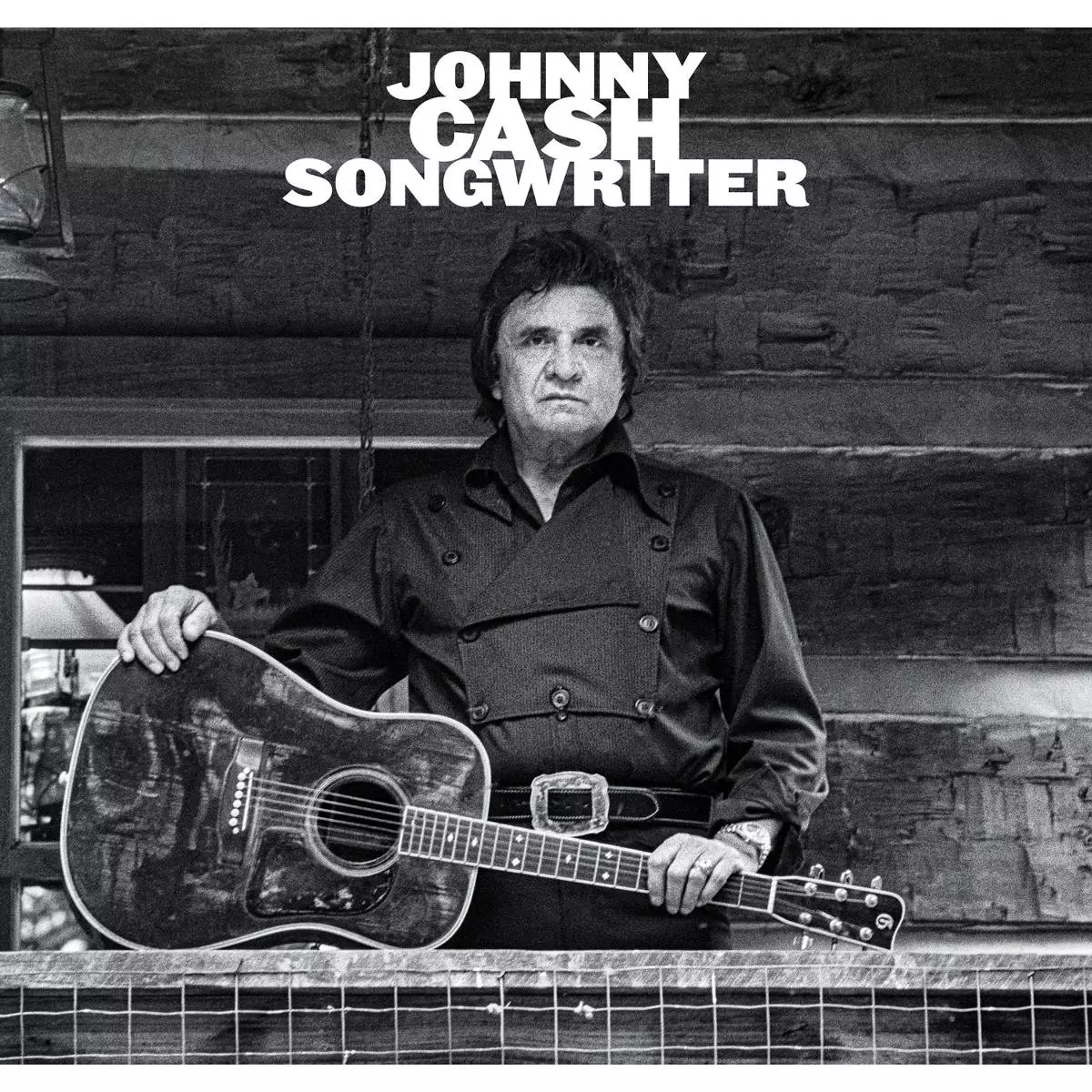
This cover image released by Mercury Nashville/Ume shows "Songwriter" by Johnny Cash. (Mercury Nashville/Ume via AP)
BUDAPEST, Hungary (AP) — When Hungary takes over the helm of the European Union on July 1, many politicians in Brussels will have the same thing on their minds: whether populist Prime Minister Viktor Orbán will use the role to further his reputation as the bloc’s main spoiler.
Orbán in recent years has seemed to relish opportunities to block, water down or delay key EU decisions, routinely going against the grain of most other leaders on issues like the war in Ukraine, relations with Russia and China, and efforts to defend democracy and the rule of law.
His public opposition to EU policies and stances has long frustrated his partners in the bloc and pushed him to the margins of the continent's mainstream. Hungary's motto for its presidency — Make Europe Great Again — raised eyebrows for its resemblance to the famous tagline of former U.S. President Donald Trump.
The EU presidency rotates among its member countries, and while the post holds little real power, it does allow countries to put their priorities high on Europe’s agenda.
Now, as Hungary resides over the 27-nation bloc for the coming six months, it will likely keep up its anti-EU rhetoric, said Dorka Takácsy, a research fellow at the Centre for Euro-Atlantic Integration and Democracy.
But the timeline of its presidency — beginning with a lengthy summer break and a transitional period of forming a new European Parliament and executive commission — will give Budapest few opportunities to derail the bloc’s priorities significantly, she said.
"These six months are altogether not that long, which means that ... Hungary cannot do potentially much harm, even according to the critics," Takácsy said.
As Hungary's takeover approached, leaders in Brussels rushed to push through important policy decisions while Belgium was still at the helm. On Tuesday, for example, the EU launched membership talks with candidate countries Ukraine and Moldova.
Orbán has vocally opposed and threatened to block Ukraine's candidacy. His government has also held up EU efforts to supply Ukraine with badly needed funding.
Yet with Ukraine's accession process already initiated, Takácsy said, the most Hungary can do now under its presidency is delay further steps toward its EU membership, a process that in any scenario is likely to take many years.
“All the meaningful steps from the European side regarding Ukraine were already done," she said. “(A Hungarian) delay, according to most European leaders, is already calculated and being taken into consideration as if it’s something which is most likely going to happen.”
Orbán has long been accused of dismantling democratic institutions and violating the EU's standards on the rule of law, leading the bloc's legislature in May to call for the presidency to be taken out of Hungary's hands entirely.
In a resolution, the EU parliament argued that democratic deficiencies raised questions of “how Hungary will be able to credibly fulfill this task in 2024.” Two years ago, the European Commission froze billions of euros in funds to Budapest over concerns about democratic backsliding by the government.
But some Hungarian officials have stressed that they plan to act constructively during their presidency. Last week, Hungarian minister for EU affairs János Bóka told reporters that “we will be honest brokers, working loyally with all Member States and institutions.”
“Carrying out the functions of the presidency is our obligation, but we see it primarily as an opportunity," Bóka said. “At the beginning of the new institutional cycle, we can initiate a debate and set the agenda on issues that are important to us.”
Among the issues that Hungary has prioritized in its seven-point program is the enlargement of the EU in the Western Balkans for countries like Serbia, North Macedonia, Montenegro and Albania through a “merit-based” procedure.
Budapest has also vowed to strengthen the EU's external borders and step up against illegal immigration, and to address “demographic challenges” that involve an aging population in Europe — two priorities that reflect Orbán's image as a staunch opponent of immigration and defender of family values.
But after years of campaigns portraying the EU as forcing unwanted policies on Hungary — Orbán has repeatedly compared membership in the bloc to more than four decades of Soviet occupation of his country — he may find it difficult to restore goodwill among his EU partners.
“The Hungarian government has been using the image of Brussels as a punching bag,” Takácsy said. “Now it’s somewhat difficult to communicate that for these brief six months, we are basically the Brussels that Hungary is waging war and a freedom fight against.”
With some words of advice for Orbán before Hungary assumes its role, the prime minister of Belgium said the position “does not mean that you are the boss of Europe.”
"The presidency means that you're the one that has to make the compromise,” Alexander De Croo said to reporters in Brussels on Thursday. “Being in the position where you have to make the compromise is an interesting position to be in at least once in your life, so I can definitely recommend it to Mr. Orbán.”
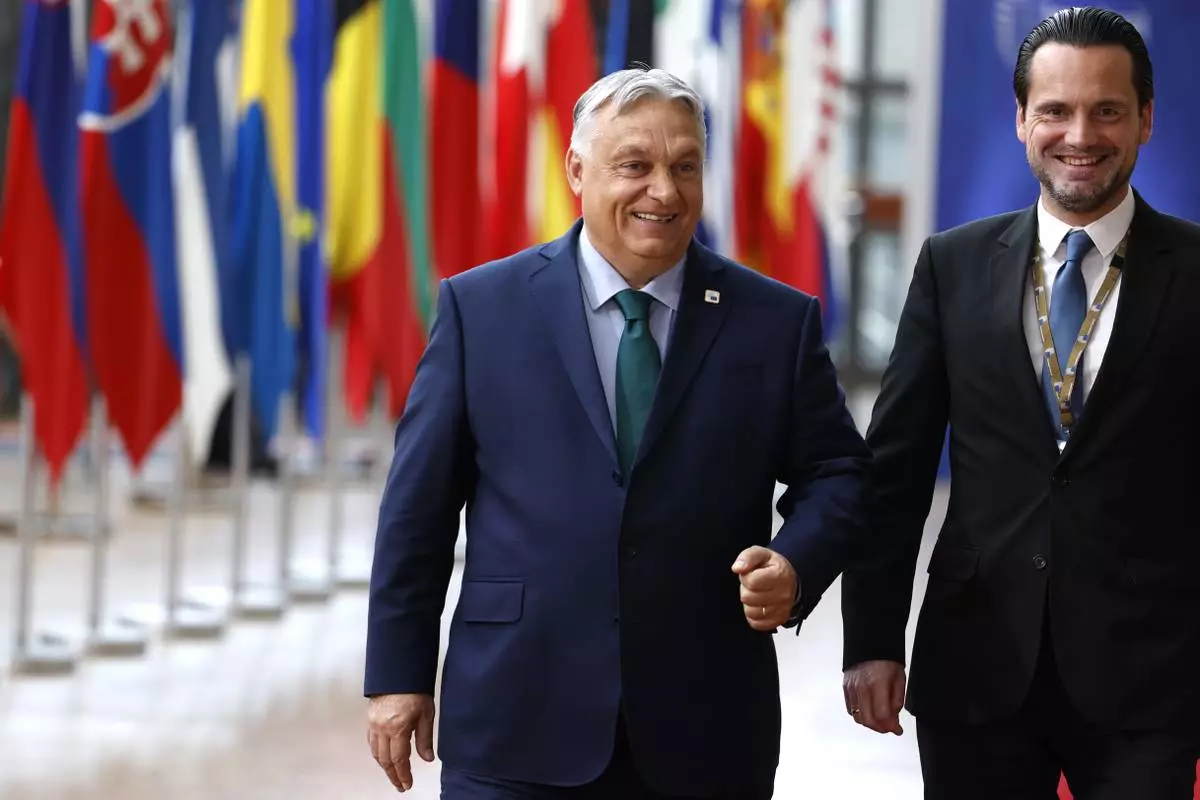
FILE - Hungary's Prime Minister Viktor Orban, left, arrives for an EU summit in Brussels, June 27, 2024. When Hungary takes over the helm of the European Union on Monday July 1, 2024 many politicians in Brussels will have the same thing on their minds: whether populist Prime Minister Viktor Orbán will use the role to further his reputation as the bloc’s main spoiler. (AP Photo/Geert Vanden Wijngaert, File)
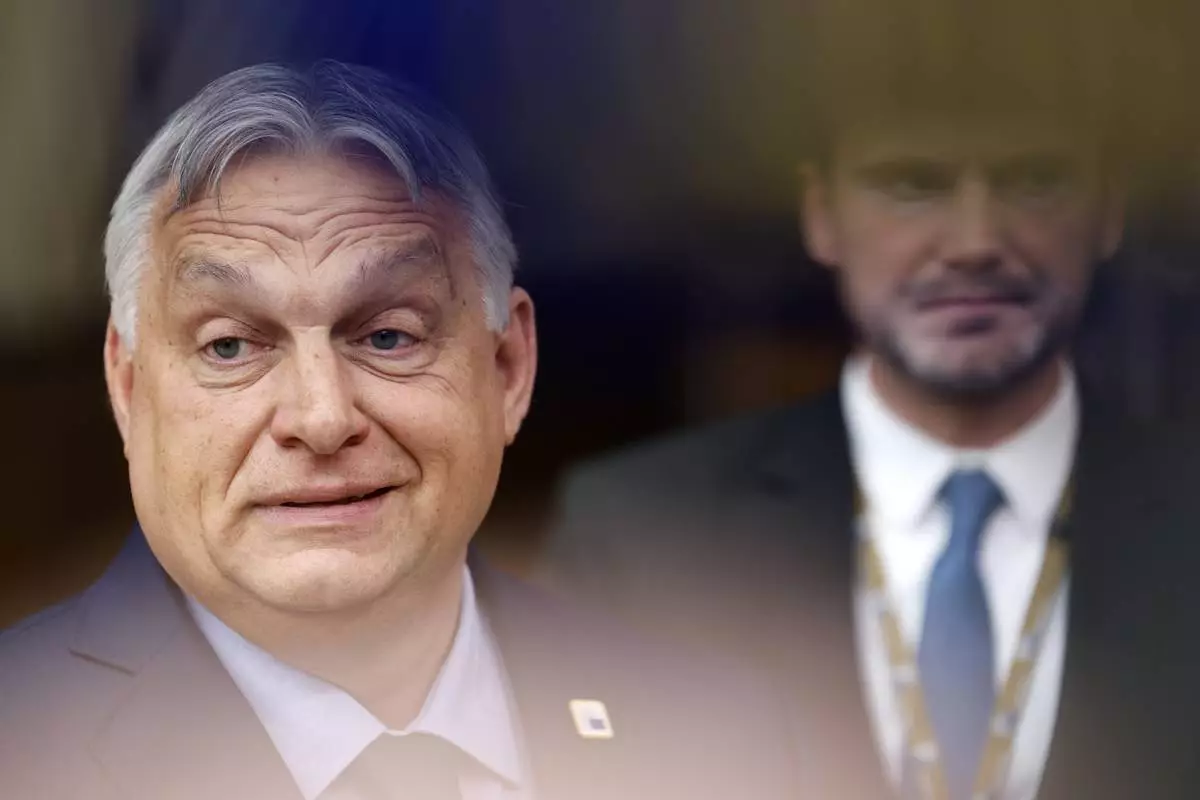
FILE - Hungary's Prime Minister Viktor Orban, left, arrives for an EU summit in Brussels, June 27, 2024. When Hungary takes over the helm of the European Union on Monday July 1, 2024 many politicians in Brussels will have the same thing on their minds: whether populist Prime Minister Viktor Orbán will use the role to further his reputation as the bloc’s main spoiler. (AP Photo/Geert Vanden Wijngaert, File)



